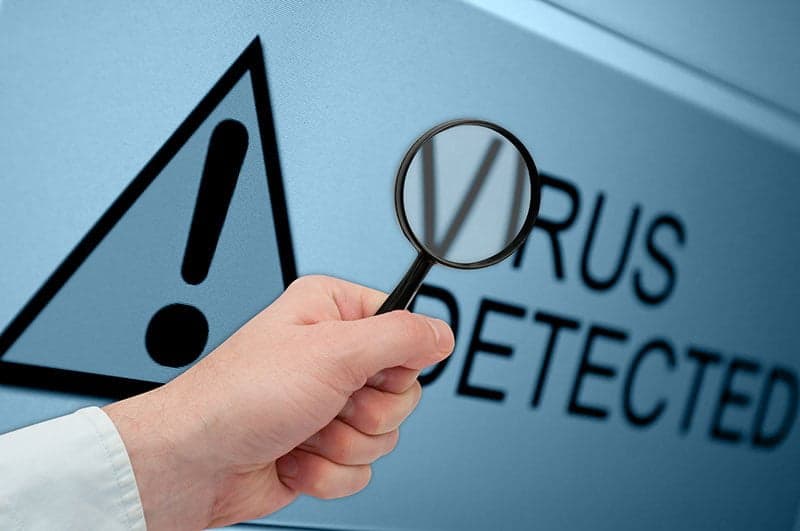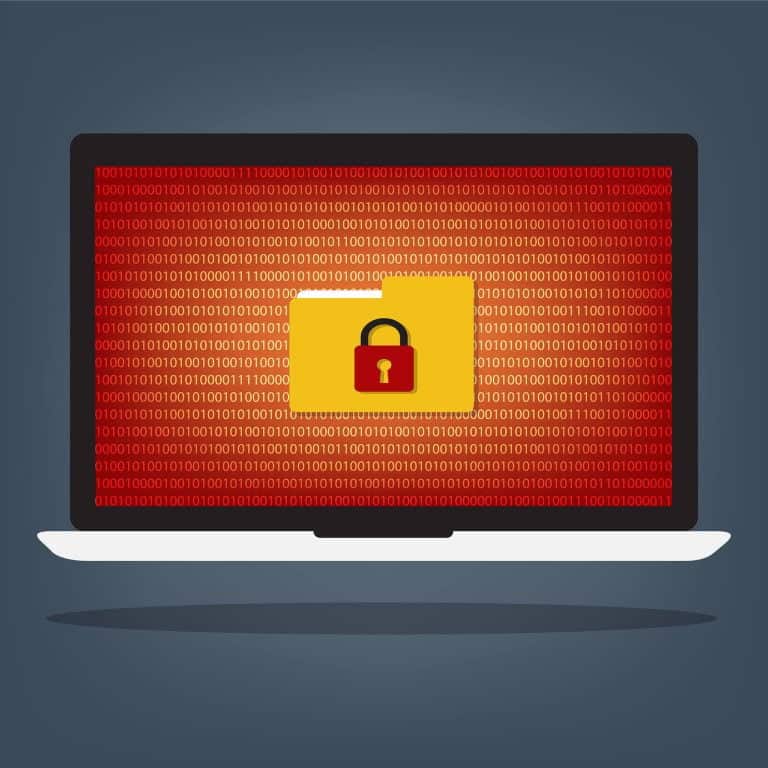Since the very recent “WannaCry” virus attack that affected thousands of computers, we have been dealt repeated blows by malicious cyber criminals who seem intent on causing chaos or profiting off people’s misfortunes. The increase in virus breaches are proof that no computer is really safe from an imminent attack and that you can get affected when you least expect it.
Gone are the days when computer viruses, although damaging, were considered merely a small hassle. Today, viruses are engineered in many forms – malware, spyware, ransomware, Trojans, adware and worms to name a few. Any one of these viruses breaching your computer is a recipe for disaster. However, to limit the damage or take preventive measures, you must know the most basic symptoms of your computer being “sick.”
7 key signs to know your computer has been breached by a virus:
- Pop-up Ads
Have you come across a range of pop-up windows that appear all over the screen asking you to upgrade a software, stand a chance to win something or visit some website? This type of virus attack is mainly due to spyware or adware. You can be sure of this if a pop-up appears saying that a virus was detected and prompts you to download some antivirus. Chances are that you will be downloading more spyware. In the event you encounter these annoying pop-ups, make sure you do not click on any of them or download. Run your antivirus programme, or uninstall and reinstall your web browser.
- Computer Running Slowly
While this may occur due to lack of hard disk space on your computer, slow functionality should not be taken lightly. Slow performance may be reflected by the time that it takes your computer to boot-up or for it to perform its usual tasks. First, run a check to see if you have adequate space on your hard drive and if your RAM is working fine. If all is good, chances are you may have been breached by a virus. Observing your computer’s speed is one of the easiest ways to catch a potential virus attack.
- Frequent Crashes and Restarts
Your computer may freeze or restart frequently if there are technical glitches such as a mismatch between software and hardware configurations. However, this may also be due to a serious virus attack. Under very serious cases, your computer may crash and you will not be able to restart it. As a result, at the first sign of a crash or restart, be sure to pay close attention.
- Missing Files, or New Files Appearing
A classic indicator of a virus at play is when some of your files go missing. New shortcuts may appear on your desktop. Always remember to keep a track of the files on your computer so that you know when new ones appear unexpectedly. Also, it pays to keep a backup of important files.
- Inability to Login
Your computer login credentials or the password of your email or social media sites being changed is a clear indicator of your computer being compromised. Make sure you use complex passwords wherever possible. Most platforms such as Windows, Facebook, and Gmail have strong security mechanism that help restore accounts that have been affected.
- High Data Activity
Have you started noticing hikes in your internet usage recently? It is possible that you may have forgotten about a download in the background. However, ensure that you do constant checks to stay atop of all the activity on your computer. If there are no downloads which you have activated or software updates taking places, a virus may be at play. Either someone is using your internet data for their purposes or they’ve unleashed a virus to do same.
- Simply Acting Strange
Your computer is made to do what you want it to do. However, while using your device, have you encountered strange behaviour like the mouse cursor going all over the screen without you moving it, random programmes opening or the computer restarting on its own? It is highly likely that your computer has been breached by a virus in any of these cases. It is best to be mindful of any behaviour at all that seems out of the ordinary.
Preventing serious virus breaches is often beyond our control, as we see organisations with state-of-the-art virus guards and firewall programmes falling prey regularly. Us, mere mortals, can at best exercise caution and be extremely watchful for symptoms of a virus attack. If you ever notice your computer acting funny, air on the side of caution and conduct a thorough virus scan. If it does not help, seek the services of a professional. What other symptoms have you noticed on your computer that later turned out to be a virus breach?





